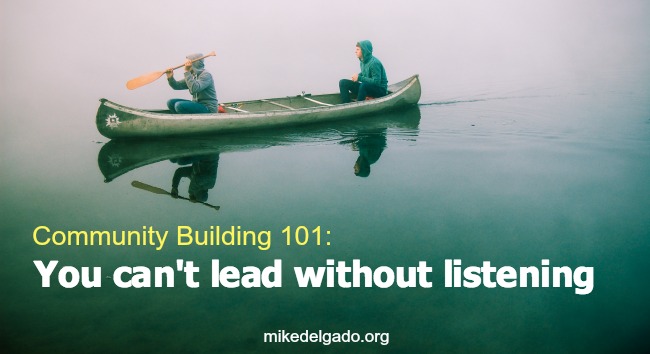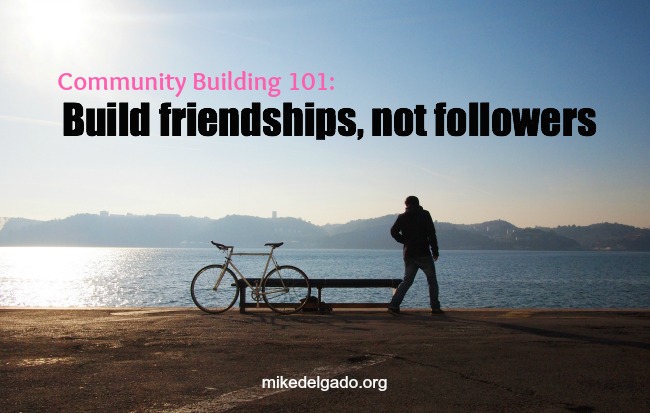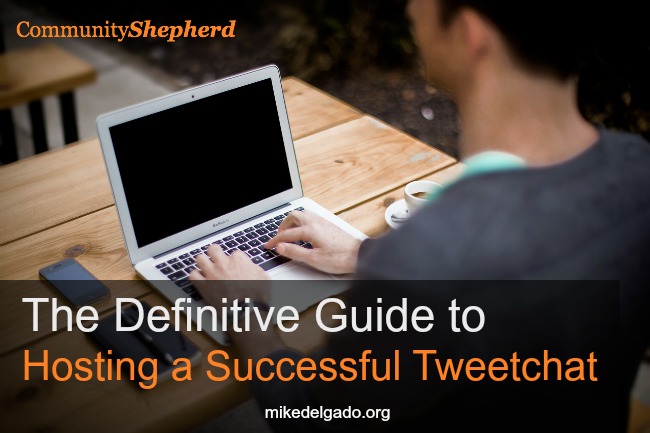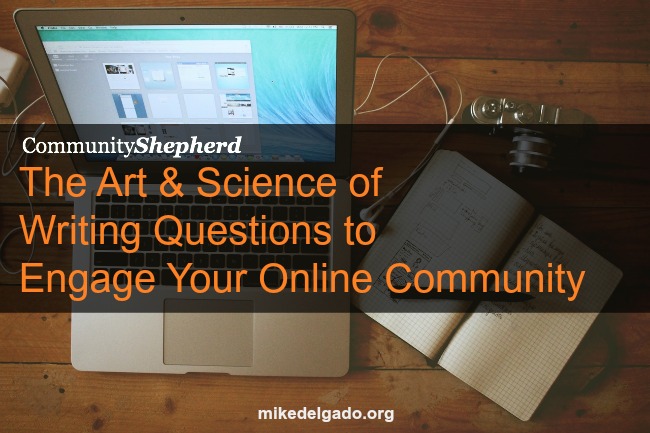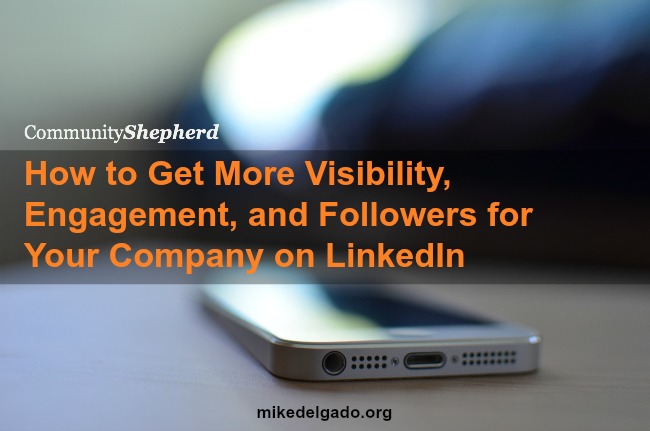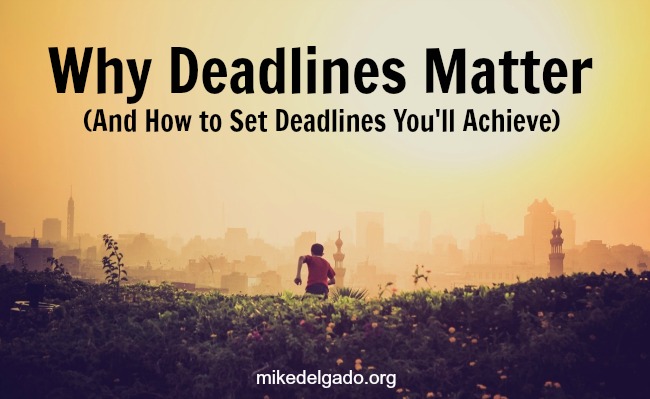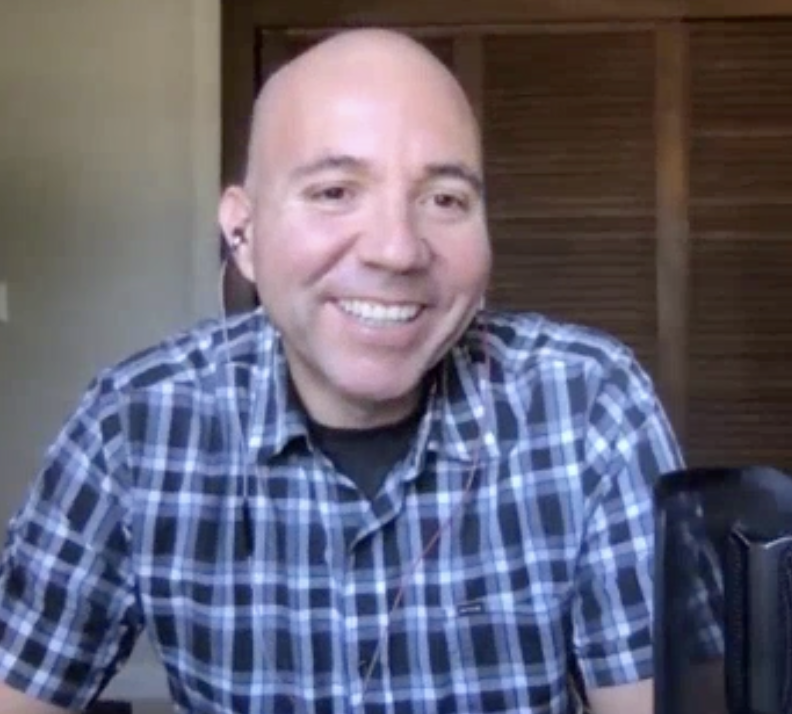How to Find Online Conversations That Matter to Your Business

Social media monitoring can be expensive (and time-consuming) so it’s important to be strategic with what keywords you choose to listen to.
Here are some various ways to approach keyword monitoring for your business:
Monitor your brand names (typos, misspellings, hashtags)
If you’re a well-known company (and mentioned often online), you should track the common misspellings and typos of your name.
Other branded keywords important to your business may also include:
- Branded product names
- URLs
- Company abbreviations
- Stock symbol
- Trademarks
- Unique campaign names
- Spokespeople representing your brand
To learn about variations on these keywords (as well as common typos or misspellings), talk with your search engine marketing (SEM). Ask them if they have recommendations on what branded keywords should get tracked online.

